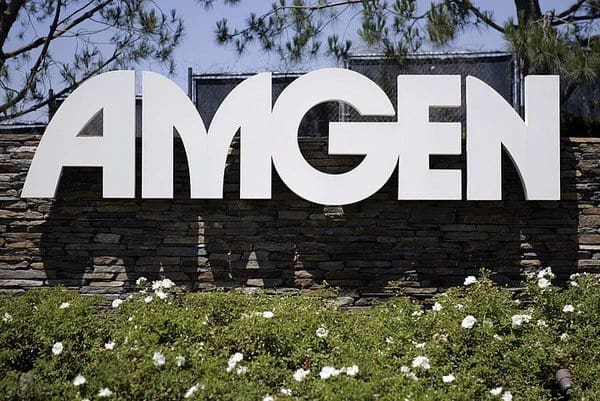
Success for Amgen’s ‘bad’ cholesterol injection
pharmafile | March 18, 2014 | News story | Research and Development, Sales and Marketing | Amgen, LDL, PCSK9, evolocumab, hofh, tesla
An investigational PCSK9 Inhibitor from Amgen has reduced LDL-C (‘bad’ cholesterol) in patients suffering from a rare genetic disorder in a late-stage trial.
The Phase III TESLA trial saw 49 young patients with homozygous familial hypercholesterolemia (HoFH), in which severe LDL-C appears early in life, treated with evolocumab (AMG 145).
The HoFH patients, aged from 12 to under 18 years, had a monthly injection of evolocumab 420 mg (or placebo) added to their daily regime or statins or other lipid-lowering medication. The trial met its primary endpoint – the per cent reduction from baseline at week 12 in LDL-C – in a ‘clinically meaningful and statistically significant’ manner.
High levels of LDL-C are a major factor in the risk of developing heart disease and details of TESLA will be submitted to a future medical conference and for publication, Amgen says.
“HoFH is a rare and devastating disease characterised by extremely high LDL-C levels that increase cardiovascular risk in these patients, many of whom are affected at an early age,” adds Sean Harper, executive vice president of R&D at Amgen.
“We are encouraged by the results of the TESLA trial, the first Phase III data of a PCSK9 inhibitor in HoFH patients, which suggest evolocumab may offer a new treatment option for these patients who currently have significant unmet medical needs,” he continues.
“These results add to the data from our five previously announced positive Phase III studies of evolocumab in other patient populations,” Harper concluded.
Other patient groups being investigated with evolocumab include those with cardiovascular disease, coronary atherosclerosis and severe familial hypercholesterolemia.
PCSK9 targets LDL receptors and reduces the liver’s ability to remove LDL-C from the blood: evolocumab binds to PCSK9, preventing the protein from binding to LDL receptors on the liver surface, which means more LDL receptors are available on the liver to remove LDL-C.
Adam Hill
Related Content

FDA approves Amgen’s Imdelltra for extensive-stage small cell lung cancer
Amgen has announced that the US Food and Drug Administration (FDA) has approved Imdelltra (tarlatamab-dlle) …

Amgen opens new biomanufacturing facility in Ohio, US
Amgen has announced that it has opened a new manufacturing site in Central Ohio, US. …

AstraZeneca and Amgen asthma drug shows positive results in Phase III trial
AstraZeneca and Amgen’s new tezepelumab drug for the treatment of severe asthma has shown superiority …






